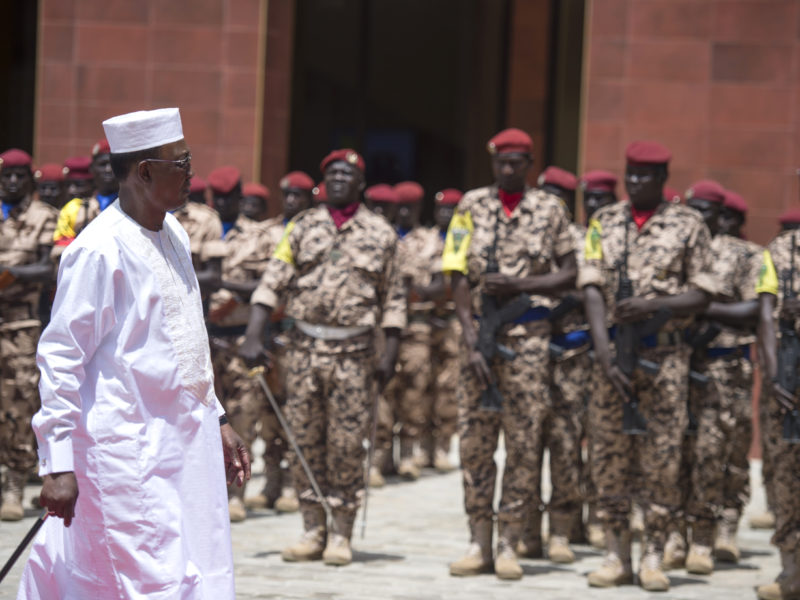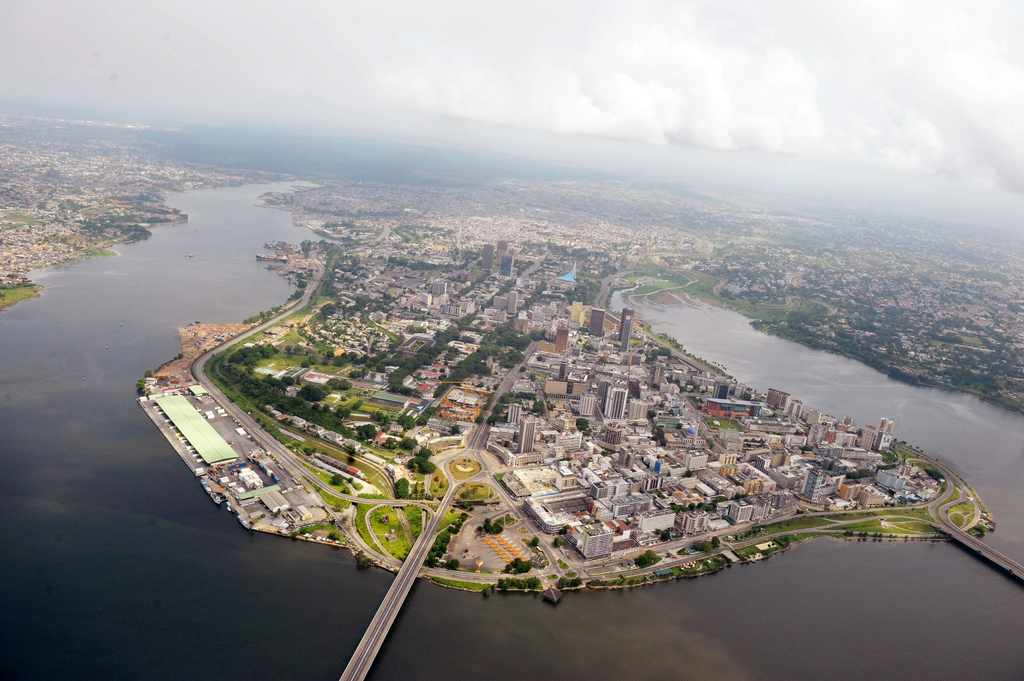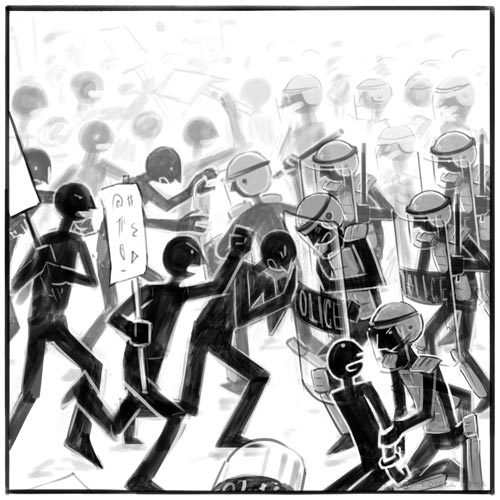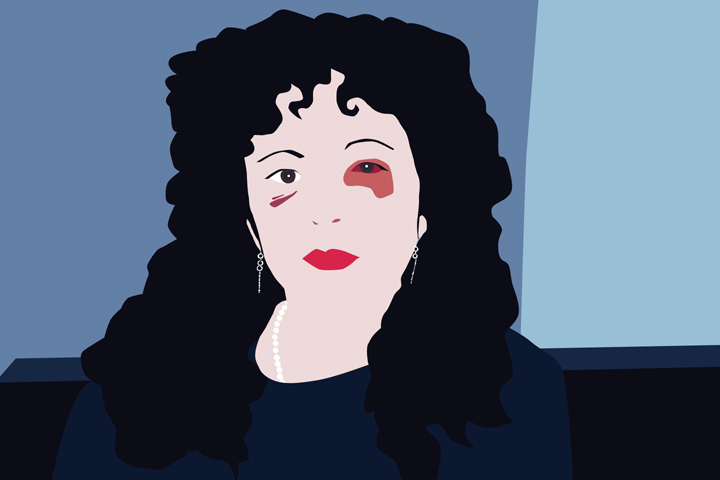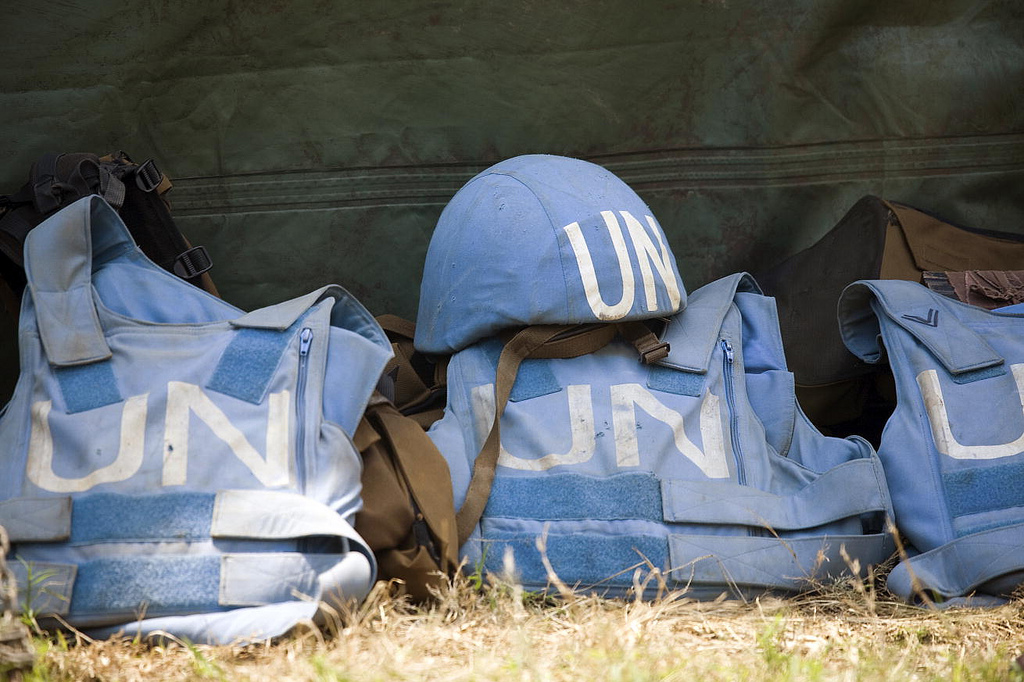IGCC Dissertation Fellow Series
Guest post by Christina Cottiero
Welcoming election observation missions has become routine for governments organizing polls around the world. In the days or months before an election, observers sent to represent international organizations and governments monitor the electoral process. They report on efforts to register voters, fairness of media coverage, behavior of security forces, and the overall quality of preparations. After summarizing their findings, observers announce whether an election was objectively “free and fair.” This stamp of approval from election observers can carry significant weight, shaping local and international perceptions of an election’s legitimacy.
Political scientists and policy experts are increasingly raising concerns, however, about whether and when election observers are actually free to write fair reports. A significant number of regional organizations’ post-election reports do not reflect the reality described by citizens and media coverage. Instead, they gloss over repressive tactics that incumbents use months or years ahead of elections to predetermine their outcomes.
On April 11, presidential elections in Benin and Chad tested the neutrality of regional election observers once again. The African Union sent observation missions to both elections, as did the subregional organizations Benin and Chad belong to—the Economic Community of West African States (ECOWAS) and Economic Community of Central African States (ECCAS), respectively. Victory for the incumbent presidents in both elections was a foregone conclusion.
Far in advance of Benin’s presidential election, incumbent President Patrice Talon eliminated most opposition candidates by passing restrictive eligibility requirements. He also targeted prominent opposition figures with trumped-up criminal charges related to terrorism, drug trafficking, and embezzlement. Talon’s government cracked down on media freedom, undermined the judicial branch’s independence, and restricted public demonstrations.
Longtime Chadian President Idriss Deby took similar legal steps to disqualify candidates and prevent demonstrations, in combination with more widespread brutality. Human Rights Watch found that Chad’s security forces injured dozens of peaceful protesters across the country in February and March. The government also arrested at least 112 opposition members and activists, subjecting some to electric shocks, and attacked the home of one opposition leader.
The actions of Presidents Talon and Deby violate the African Union’s Charter on Democracy, Elections and Governance, providing ample reason for regional organization election observers to issue condemnations. ECOWAS and ECCAS observers certainly knew that Talon and Deby violated the spirit of the ECOWAS Supplementary Protocol on Democracy and Good Governance and the ECCAS’ Bata Declaration. Yet the preliminary report produced by ECOWAS observers describes the voting process in Benin as “orderly, transparent and professional.” In a joint press conference, ECCAS and the African Union described Chad’s election as peaceful and calm. Each organization’s representatives made generic calls for participants to maintain civil dialogue. Why did none of these organizations’ observation missions condemn either Talon or Deby?
My research suggests that African regional organizations are reluctant to condemn incumbents who gradually undermine elections with anti-democratic laws and intimidation tactics because member state leaders prioritize stability for political elites over democracy. They tend to reserve condemnation for leaders who seriously destabilize—and generate grievances among—their co-members, and for those who cannot seem to competently rig their own elections. In 2017, for example, ECOWAS leaders were more than happy to use Yahya Jammeh’s fumbled election rigging as pretext to push him out of office; Jammeh had become increasingly erratic, and his bizarre proclamations were a source of regional embarrassment.
The selective enforcement of democracy clauses based on strategic considerations isn’t just an African problem. Political scientists have found that regional organizations around the world do it—including the European Union at various times. Given that Deby played a central role in fighting Boko Haram and other rebel groups, few countries were motivated to denounce his behavior. And although ECOWAS heads of state certainly did not appreciate Talon placing his predecessor, Boni Yayi, under house arrest, Talon’s tactics were otherwise similar to those of fellow leaders in Togo and Guinea.
The willingness of African regional organizations to turn a blind eye to election rigging has clear implications for the United States government. In 2015, the US committed to providing ECOWAS up to $298.7 million through 2020, with part of that funding dedicated to strengthening democratic institutions. The Biden administration should reconsider whether supporting regional organizations’ election monitors and democracy promotion programs is an effective use of resources. Decision-making in African regional organizations is dominated by heads of state, which limits the ability of even well-intentioned organization staff to safeguard elections. Senior officials in regional organizations are aware of how easily they can lose their jobs and how willing member states are to cease remitting their dues in response to criticism. Overall, dependence on heads of state creates conflicts of interest.
As Judd Devermont and Idayat Hassan recently suggested, the Biden administration is likely better off supporting domestic election observers from civil society organizations. The US could also use its weight to push back on antidemocratic laws farther in advance of elections and push influential partner states to follow suit.
When the US allows biased regional election observation reports to go unchallenged, it implicitly accepts the compromise these organizations have made between full democracy and managed stability. One week after Chad’s election, the premise of this tradeoff seems hollower than ever; Chadian security forces were unable to contain anti-Deby rebels who crossed into Chad from Libya on the day of the election. On April 20, Chadian army officials announced on state television that rebels from the Front for Alternation and Concord in Chad (FACT) killed Deby as he visited a battlefield north of the capital. We do not yet know whether it was truly rebels or Chadian security forces who ended Deby’s three-decade-long rule after elections failed to do so.
Christina Cottiero is a PhD candidate in the Department of Political Science at the University of California, San Diego and a 2020-2021 Dissertation Fellow at the UC Institute on Global Conflict and Cooperation.

